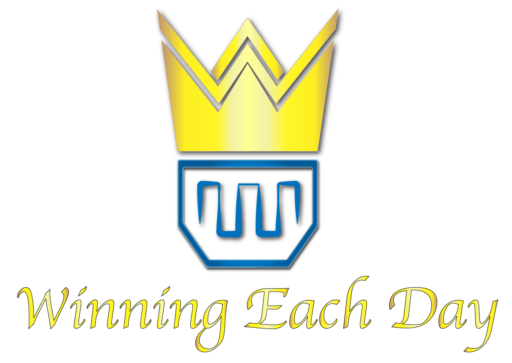
The pre-modern world
In our modern world, technological advances have contributed to reshaping the human ontology. This ruptures with the pre-modern world. In the pre-modern world, human beings lived in the spirit of gregariousness because human beings are instinctively social in orientation. That defined how rules were set; but the difficulty is that in the pre-modern world, humans were hierarchized, especially after the agricultural revolution. Some were considered kings and others slaves. Nonetheless, there was some degree of collective, mutual respect. Precisely because one’s existence was squarely dependent on the other. Take for example, walking alone in the forest. If one walked alone in the forest, one was more vulnerable than if one walked in a group. So, we have many proverbs and terse sayings to support group-living including: “It is because of insecurity that antelopes walk in groups”.
There were also sociogenic activities like marriage, naming ceremonies and funerals that brought people together. Religion was also key. All these fused into the Ubuntu philosophy, which simply states that, “I am because we are and since we are, therefore, l am”. It was Aristotle who philosophized this into: “To be alone is to be either an animal or a deity”. But we are neither animals nor deity, so we have to be together; even as the triune God, the creator of human beings, insisted that “It is not good for human beings to be alone”.
The bane of social media
Over the centuries, scholarship has shown that suicide rates, deviance, etc. are high among people who are lonely. The above is because it is collectivism that our identity is forged, moral conscience developed and self-esteem cultivated. These imply a strong sense of we-feeling, fellow-feeling, etc. It means being sensitive to your fellow human being.
All these have significantly changed in the modern world. The proliferation of the internet, alongside social media, has affected our ontology as human beings. Social media has given us a false sense of independence and self-sufficiency. More so, the facelessness engendered by social media has made us insensitive to people. We hardly care about the words we use. As virtual beings, we forge our own self-centered moral conscience.
In the end, we are simply insensitive to our fellow human beings. We insult without limit and reduce all serious issues into jokes. But more significantly, social media has made us more envious of ourselves. This is because we don’t know people’s stories, we only see their seeming glory.
Human beings are fragile
On social media, we all put up strong faces in manicured pictures and fictions. Sometimes we genuinely hide our pains to make others happy. Unfortunately, all these complicate our lives. They engender jealousy and envy. Out of envy, we insult, fight, and make mockery of people who sincerely feel hurt. We have become more careless about human fragility than ever in history.
As you write on social media and comment on people’s posts, please bear in mind that human beings are fragile. More so, as you insult and reduce everything into a joke, know that human beings are fragile. We are fragile because we are perhaps more emotional than rational. We are fragile because of our instinct for acceptance. Do you know the complications involved when people feel they are not accepted? Insulting and making mockery of people desecrate their essence. Please let us be mindful how we treat people.
Satyagraha


